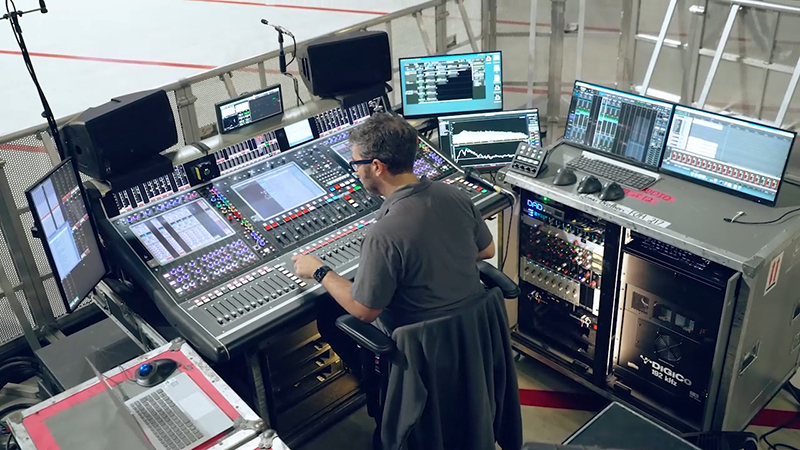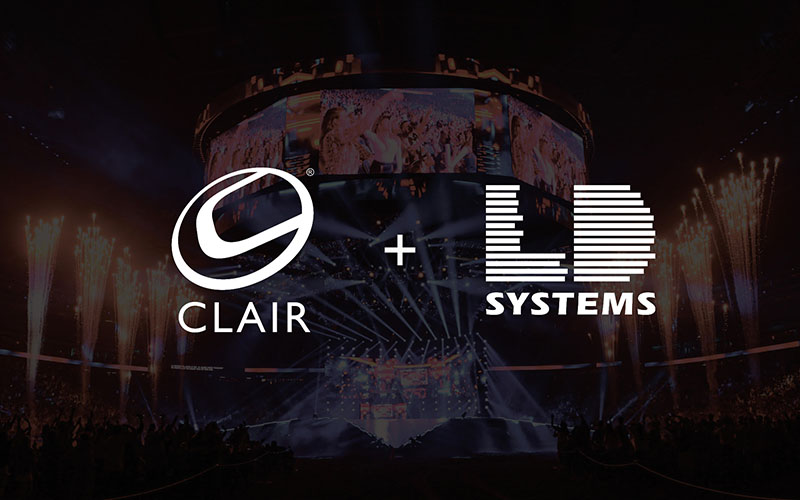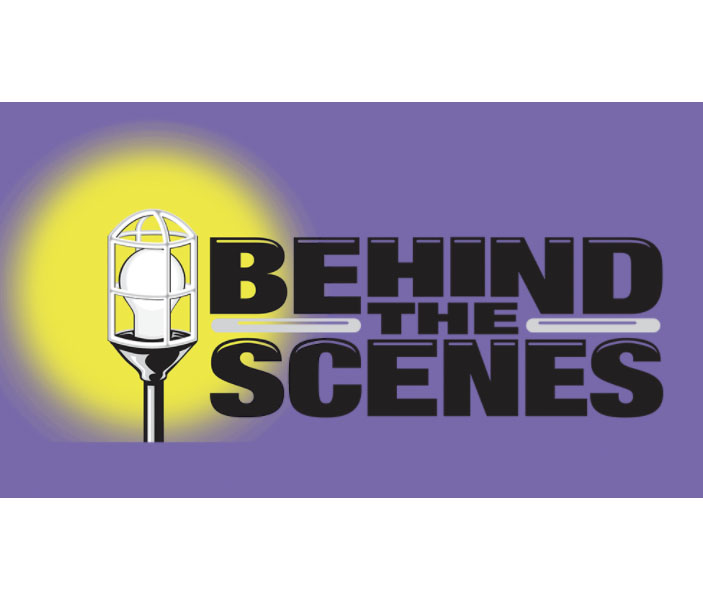COHASSET and HYANNIS, MA —The South Shore Music Circus and its sister venue, the Cape Cod Melody Tent, stand tall as the last two U.S. continuously operating in-the-round tent theatres. Meyer Sound M'elodie ultracompact high-power curvilinear array loudspeakers were recently installed at both historic venues.
“These tents might be the hardest rooms in the country in which to achieve quality sound,” says Dave Wentling, production manager for the South Shore Music Circus. “You’re working in the round, in a reflective vinyl tent. There’s a cement floor and 2,300 hard parabolic curves — the seat backs — aimed right back at the stage during sound check. Part of my job is to help engineers deal with these challenges, and it was frustrating until we acquired the new M'elodie system.”
In-the-round live concerts are a relatively new concept, originating with 360° venues built for theatrical productions. Ever since English progressive rock group Yes held the first in-the-round concert in the mid 1970s, sound designers and engineers such as Lars Brogaard and Francois Desjardin have worked through significant acoustical challenges to evolve this “concept” into a working success. Now, numerous high-profile artists including Rod Stewart, Celine Dion and comedian Dane Cook, to name a few, have all performed in-the-round using Meyer Sound equipment.
“For years, I’ve recommended six short-throw line arrays, preferably positioned in a circle around the stage to give us uniform coverage and allow alternating left-right-left feeds for stereo imaging,” says Wentling. This year, Wentling got his wish after teaming up with Bill Blaine, head of the new WHB Concert Production in Hampstead, N.H. to determine potential loudspeaker solutions. After visiting the Meyer Sound’s Berkeley, Calif., factory and consulting with its Design Services team, Wentling was convinced that the M'elodie systems, combined with Meyer Sound’s innovative digital audio processing, would provide the power and clarity needed for the historic music tents.
WHB installed both systems prior to the opening of the 2007 summer season. “It’s the best thing that has ever happened to this venue,” says Wentling. “It gives us smooth transitions for seamless coverage, which is something we’d never seen the likes of in here before.”
Wentling used Meyer Sound’s MAPP Online Pro acoustical prediction program to determine proper positioning of the six M'elodie arrays. A Galileo loudspeaker management system splits the signal feeding each six-cabinet array into three zones: three cabinets to cover the rear of the venue, two to cover the middle and one cabinet for downfill. Wentling also sets delays in Galileo to obtain a cardioid coverage pattern from four flown 600-HP compact high-power subwoofers.
“The main challenge in both venues was creating good, uniform sound throughout the tent, and also containing the sound, bass in particular, so as not to disturb the neighbors,” says Blaine. “The Meyer system allows us to successfully attain both of those goals.”
Wentling is pleased to see an end to the venues’ ongoing sonic difficulties. “We had constant problems with sound washing back on stage and creating feedback,” he says. “Now that the vertical coverage is so tight and uniform, the feedback problems are gone. And that’s even with the bottom M'elodie pointed almost straight down at the first row, which we do because there’s no room for fill on the stage lip.”
During a recent sound check for the Charlie Daniels Band, he fine-tuned the vocals in record time. “The band plays full out, with amps up and everybody using wedges,” says Wentling. “Getting the vocals to come through was a challenge. But I took the tablet PC down front and drew up an EQ that brought the vocals through with absolute clarity. It was easy and actually fun for a change.”
The air absorption compensation filtering provided by the Galileo system proved valuable in the non-air-conditioned South Shore Music Circus when switching from an afternoon sound check to an evening show. “It’s hot and humid in the room for sound check, but both temperature and humidity go way down for the evening shows,” he says. “The Galileo allows me to re-equalize the room to compensate for those changes.”
Audio systems for both tents are largely limited to the Meyer Sound “stacks and racks,” as most acts tour with their own FOH gear. For those that do not, WHB Concert Production provides two Yamaha PM5D consoles that shuttle between the two venues for FOH and monitor duties.
Established in 1950, South Shore Playhouse Associates (of which both “tents” are part) is a not-for-profit organization dedicated to encouraging and supporting arts, cultural, and educational organizations throughout the communities of the South Shore and Cape Cod. Since its inception, the association has donated more than $2 million to arts education programs in the region.
ACTION ITEM:
For information, please www.meyersound.com.



